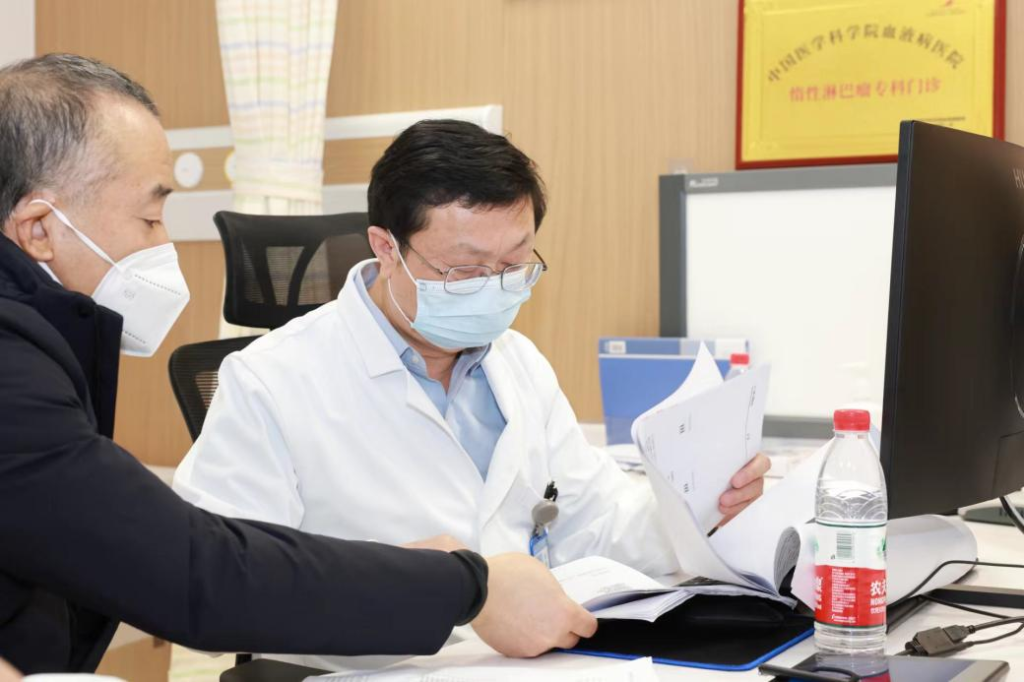One Year After Approval: How Effective is China’s First BCMA-Targeted CAR-T Therapy in Treating Multiple Myeloma?
### One Year After Approval: How Effective is China’s First BCMA-Targeted CAR-T Therapy in Treating Multiple Myeloma?

Multiple Myeloma

Multiple Myeloma
By using our site, you agree to our Terms and Conditions and Privacy Policy.Advanced Medicine In China does not provide medical advice, diagnosis, or treatment. The information provided on this site is designed to support, not replace, the relationship that exists between a patient/site visitor and his/her existing physician.
© Copyright 2023 Advanced Medicine In China. All rights reserved.